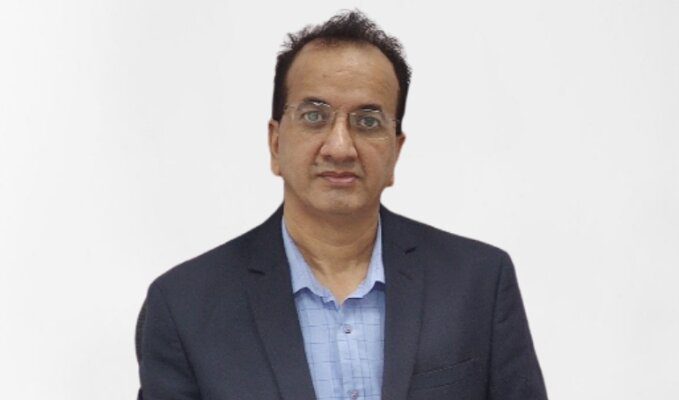It is now almost three years since homosexuality has been decriminalised in India. On September 6, 2018, the Supreme Court of India passed the landmark judgement that rendered Section 377 (of the Indian Penal Code) as unconstitutional as it infringed on the fundamental rights of autonomy, intimacy, and identity, thus legalising homosexuality in the country. This draconian legislation has been around since 1861, first brought into force under British rule. So, one may even say that the LGBTQ community had to wait for seven more decades after the rest of the country gained political independence!
The 2018 verdict from the apex court was only the beginning of what seems like a long and hard march towards creating a more inclusive India with every section of our society having some role to play in this. Some battles have been won, but the war is still out there. For example, issues like legal hurdles to same-sex marriage, adoption of children by same-sex couple, right of the LGBTQ+ community to serve in the defence forces are yet to be resolved but we should get there soon.
However, inclusivity as a principle goes far deeper in our lives than resolving legal or governance challenges. We know that bringing about changes in the hearts and minds of people is what is going to make us truly inclusive. The role of businesses will be substantial, and the impact of the affirmative actions taken by business leaders is going to make a big difference here. For example, opening our doors to make our workplace more diverse is an important first step because it provides economic freedom and a sense of belonging for members of the LGBTQ+ community who will otherwise be left helpless to fend for themselves without the means to do so.
When organisations like Tata Steel that enjoy national and global footprint create an inclusive workplace, the impact can be felt not just within the confines of its many factories and offices, but also sends out a very clear message to downstream businesses, leaders who run them and local communities that are a vital part of our business. It, therefore, becomes an important step in mainstreaming inclusivity and help this enlightened idea permeate deeper into our society, particularly the conservative sections that dominate the smaller towns and villages across the country.
Historically Tata Steel is known for creating a safe and fair workplace for all. The pages from our history that spans more than a century now tells us how this idea has been etched in our foundation stones. So, when we created a new platform called MOSIAC in 2015 to further the cause of diversity and inclusion, it was well-received not just in Tata Steel but also by the community at large.
Tata Steel has set a target of having 25% of the workforce comprising diverse groups by 2025. We have taken a five-pillar approach that focuses on gender, persons with disability, affirmative action, and LGBTQ+. The five pillars of MOSIAC cover:
- Sensitisation: For all employees;
- Recruitment: Diversity hiring targets;
- Retention and Development through work life balance policy approach;
- Infrastructure to build accessibility for all; and
- Celebration of our diverse workforce.
We took this a step further when in May 2018 Tata Steel launched WINGS, a LGBTQ+ employee resource group, to foster a culture of allyship and to actively promote LGBTQ+ empowerment, and build a benchmark workplace. We also have focussed hiring targets to ensure diversity of thought. We participated in RISE – the largest job fair for LGBT+ in Asia. We also have trained and placed a batch of trans candidates through our capability development wing.
While we understand the importance and value of celebrating Pride Month with rest of the world, we also ensure the voice of wider inclusivity is kept alive throughout the year by running campaigns like ‘Indradhanush ke kai rang’, YamJam conversations, Campus Connects, etc.
As one of India’s leading business groups, we try to see our role in this movement towards greater diversity and inclusion at workplace in a slightly different light and that is because the challenges faced in India are a bit unique. While in most western democracies, the fight for equal rights of the LGBTQ+ community is anchored to political activism, in India it comes down to social and community activism.
From a cultural and historical perspective, diversity is part of our DNA and most of us believe it is perfectly normal to be different. Having said that we should also be strong enough to acknowledge the weaker links such as social taboos that are fundamentally alien to the idea of India. Once we do that, we know that we are on our way to winning the war too.









